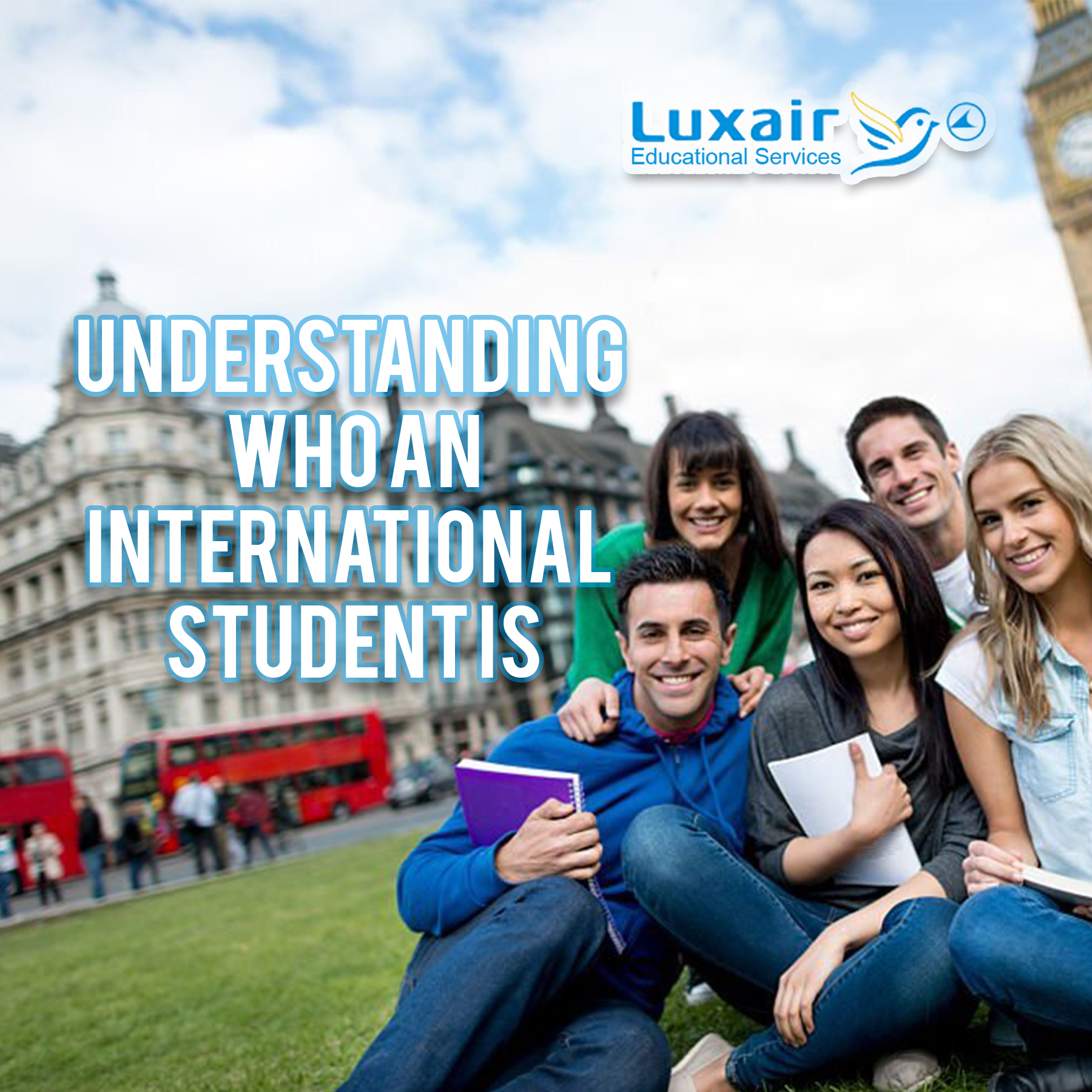International students can experience challenges in a number of areas, including language barriers, academics, social and cultural differences, discrimination, financial stressors, and mental health concerns. These are not easy problems to overcome, and there is much we can do to help. Let’s look closer at these challenges, one at a time, and then consider ways the entire community can help tackle them.
Language Barriers
Engaging in Conversations. Many international students have studied English in their native countries but may be less familiar with the use of slang and the fast pace at which their peers and professors speak. For example, the use of prepositions to create compound verbs is particularly challenging (e.g. turn in, turn up, turn down, turn away). These can make both understanding and speaking in conversations difficult.
Reluctance to Ask for Clarification
Many international students will not ask others to explain what they mean, out of fear of offending them or increasing their own insecurity. Their lack of understanding may be viewed negatively by peers or professors. And if they sense a negative response, many are even more reluctant to ask for explanations. The end result is that their self-esteem may be lowered.
Academic Challenges
This largely apply to writing assignments. International students may be unfamiliar with doing research and academic writing, or with the format of assignments at a U.S. university. Many countries value memorization of a common fact base over the personalized interpretation of material favored by U.S. higher education institutions.
Classroom Difficulties
The emphasis placed on classroom discussions will disadvantage international students whose speaking of English is not fully spontaneous. The discussion format in which various points of view are debated is at odds with formats used in other countries where “correct answers” are expected. In many cultures, it would be considered disrespectful to counter or debate a professor’s opinion, whereas in the U.S., students who are able to debate well are valued with top marks. In other countries, grading is weighted heavily towards final exams, as opposed to the emphasis placed on classroom participation and utilization of office hours.
Students seeking out professors or teaching assistants are typically graded higher, whereas in some cultures, the norm is to respect the higher status of faculty as off-limits, and this would keep students from approaching them in more informal contexts. Some students may also have trouble taking notes or giving oral presentations.
Social and Cultural Differences
International students usually miss home, like all students, but are usually only able to return twice a year as opposed to the more frequent visits that are typical, especially for freshman. In addition, time zone differences make calling home at convenient times more challenging. Students come with fewer possessions (limited to two suitcases, as opposed to a car-full), meaning their spaces are less personalized. They are naturally outsiders, sharing fewer common activities with their roommates, such as sports teams or extracurricular activities. In addition, their own holidays are not always acknowledged in the U.S. system, and they may not have any traditions or attachments to the holidays that are observed here. They will naturally gravitate to others from their own cultures, but those groups are usually small, further isolating them from fully integrating with their roommates or classmates. International students, so far from their own families, friends, language and social and cultural norms, may avoid social situations.
This is not to say there are no amazing things to enjoy as an international student, however, it is important to prepare your mind so as not to lose focus while you study abroad. Many international students have wonderful things to say about their experiences as international students.
For more of these posts, follow Luxair Educational Services, an educational consulting firm that is sure to assist you in your admissions and visa processing.

